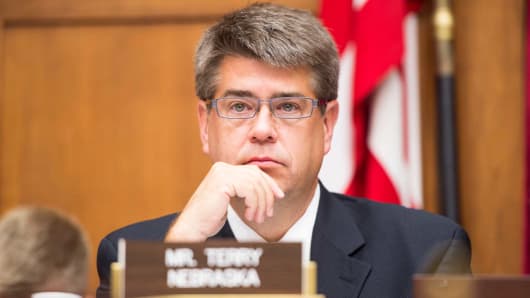This administration has already proven that it's a relatively simple process to make a decision and approve a cross-border pipeline.
In 2010, the president approved the Alberta Clipper Pipeline, which brings 440,000 barrels per day of oil from Alberta's oil sands region into Superior, Wisconsin. And less than a month ago, prior to the Thanksgiving holiday, a presidential permit was granted for a $260 million cross-border pipeline carrying 95,000 barrels per day from the Chicago-land area to Fort Saskatchewan, Alberta.
The president has repeatedly said he would study the Keystone XL issue, but when you look at the facts, you have to ask yourself how much studying do we really need?
As of right now, there have been more than 15,500 pages of environmental impact studies. In comparison, there have been 20,000 pages of rules and regulations related to the implementation of the president's health care plan.
What's disappointing is that the lack of progress and urgency for Keystone has nothing to do with studies or facts – it's about a radical ideology being used to justify not doing something that would benefit all Americans.
Congress meanwhile has been taking actions to make it easier to approve Keystone—which is why the House, in bipartisan fashion, passed my legislation, the Northern Route Approval Act, to clear away the road blocks preventing construction of the pipeline.
What's laughable is that the administration says that John Podesta will recuse himself from any decisions related to Keystone. Ask yourself – do you really believe them?
You never know. We could all wake up during the Christmas break, some 1,900 days after the application was first submitted, and find the approval of the pipeline in our stocking. I mean we all know how this administration feels about coal so maybe there's still a chance this can get done.
At the very least, you would hope that the president would be willing to begin a real and direct dialogue with Congress about Keystone.
Twice now, I've reached out to the president in the spirit of working together to get something done but have never received a response. I promise you this; I'm not going to give up.
President Obama often talks about changing Washington and working with Congress. With Keystone, he has a chance to make good on his rhetoric, because at this point taking him at his word just isn't good enough.


